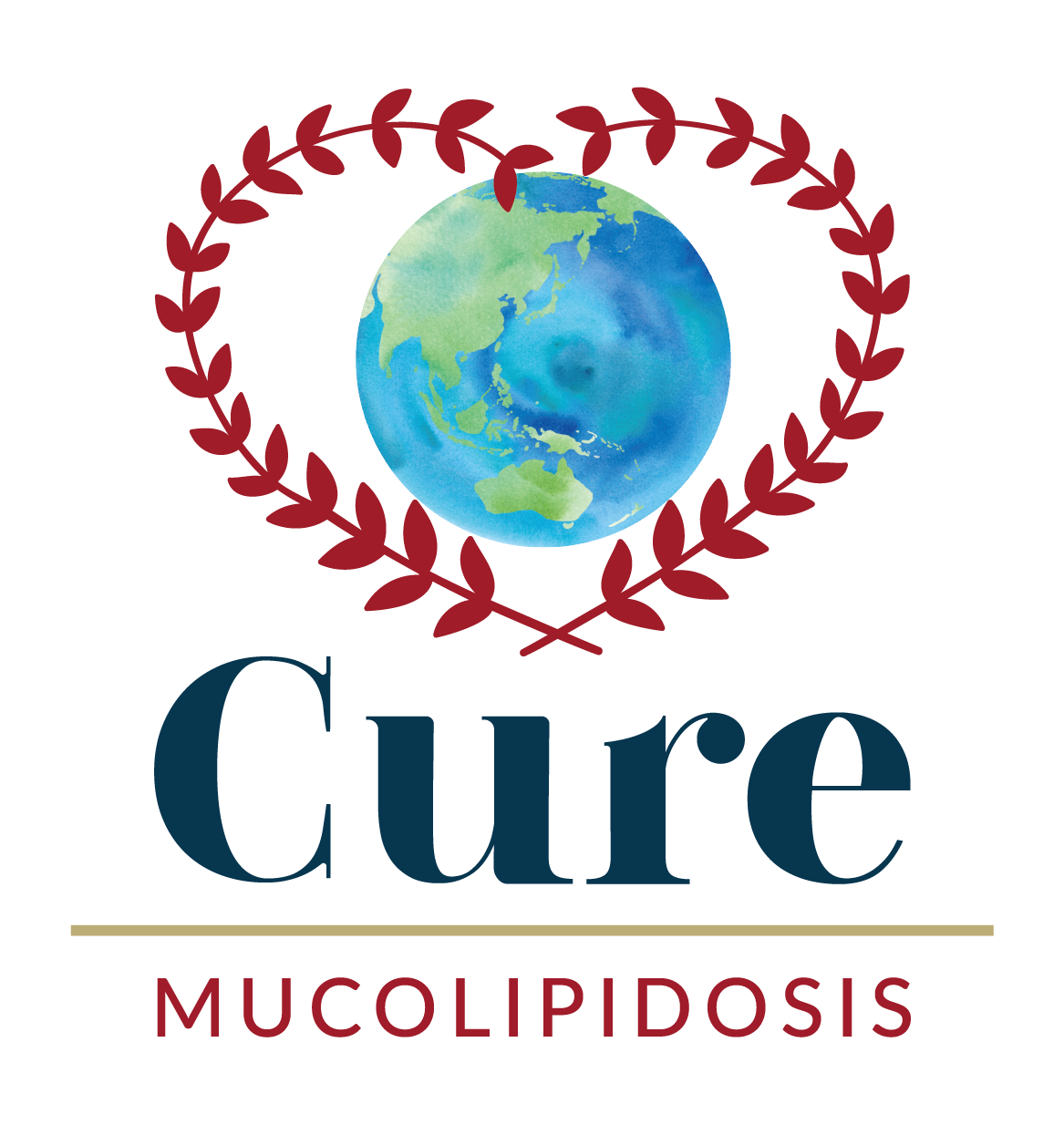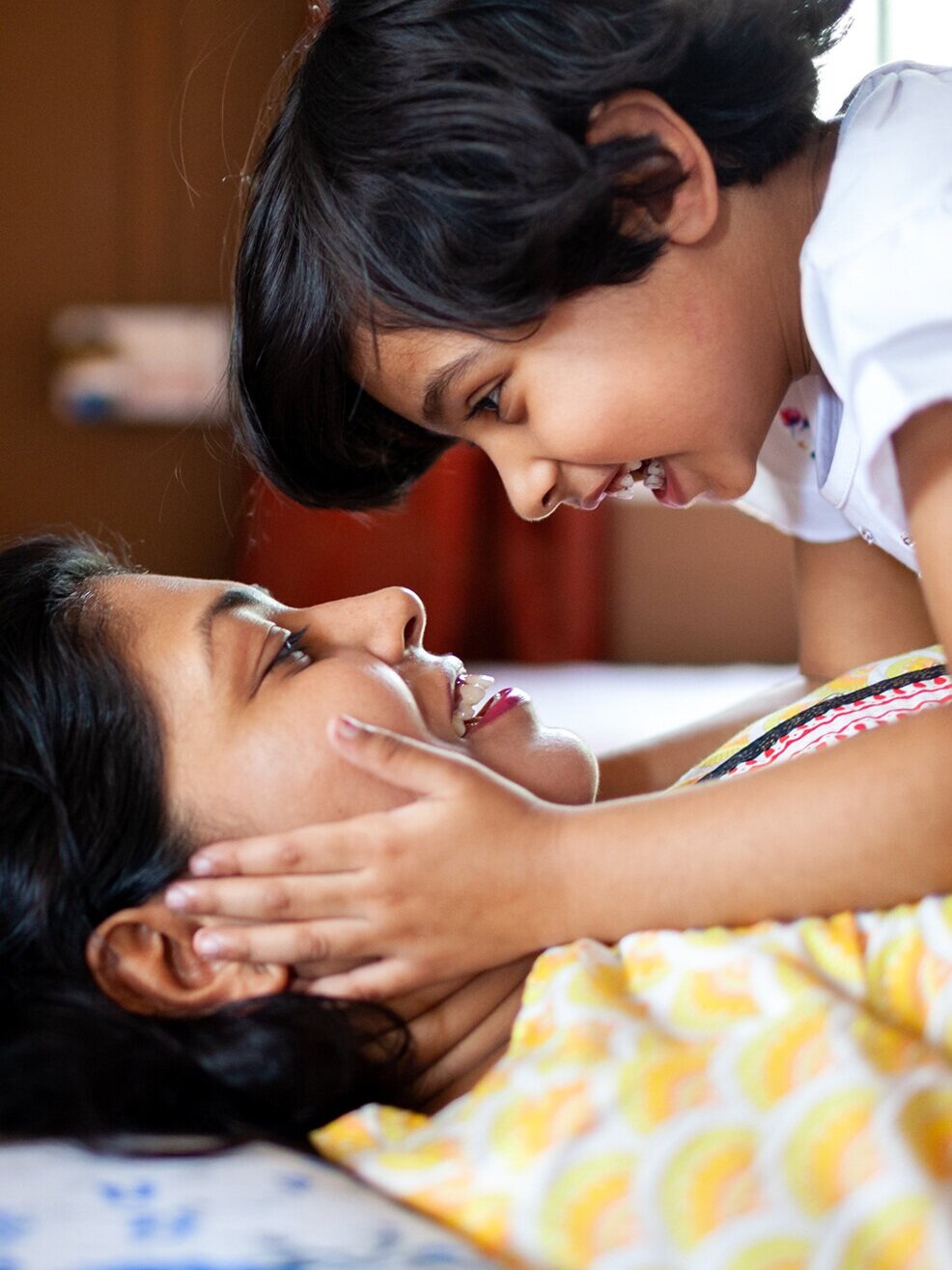Cure Mucolipidosis is focused on research.
On this page you will find the very latest information on the research being supported by our group and others as we work toward therapies and treatments.
Active Research
-
Description: A naturally occurring feline model of MLII has been identified, providing a valuable large animal to study ML II.
Expected outcome: This large animal model affords us the ability to evaluate heart structure and function by echocardiogram as done in human patients. Similarly, blood will be collected and monitored for alterations in cardiac enzymes as seen in patients (Siles) and other biomarkers of disease. Lastly, heart tissue will be collected for histopathological, biochemical, and cardiomyocyte analyses.
Budget: USD $200,000Investment to date: USD $100,000
-
Description: It is thought that ML may affect the ability of cells to benefit from medication, especially pain medication.
Expected outcome: Research will aim to assess the impact of ML on drug uptake.
Budget:
Investment to date:
-
Description: Over 1,500 papers have been identified that may hav
relevance to patients with ML
Expected outcome: Assess the research so far, so that it can be applied to future projects.
Budget: USD $0 (volunteer)
Investment to date: USD $0
Active Research
Drug Uptake Project
2022
Investment:
Cat Colony
2021
Investment: $200,000 USD
Funding for the operating costs of the charity come from our Board of Directors and other funds tagged for operations.
All money raised for research goes to research.
Register!
Register with our colleagues at Stanford University to help advance research.
Cure ML and MCRN
Cure ML will stay informed about MCRN activity and will receive updates on network activity that can be shared with families.
Cure ML will have representation within the MCRN and will engage the Network on an ongoing basis through our efforts to establish a patient registry and continue the natural history study on Mucolipidosis.
As the efforts of the MCRN Investigators progress with the preclinical testing of different therapies, Cure ML will work towards the development of a secure but accessible patient registry that would accelerate recruitment for any future clinical trials. The organization will also maintain regular contact with pharmaceutical company partners interested in developing therapies and connect these groups with the MCRN Investigators.
Richard Steet
Chair MCRN
Mucolipidosis Collaborative Research Network (MCRN)
The Mucolipidosis Collaborative Research Network (MCRN) focuses on Mucolipidosis disorders and evolved from discussions at ISMRD’s conference in Atlanta in 2019, where ML advocates challenged the scientific and medical community in attendance to coordinate their efforts and advance the growing research progress into tangible steps towards treatment.
The MCRN is international in scope, and composed of researchers, clinicians and advocates from several countries who meet virtually to share ideas and research findings on these disorders.
Mucolipidosis has numerous animal models (mouse, feline and zebrafish) that have uncovered many key pathogenic mechanisms that are addressable by different modes of therapy. Through regular monthly meetings, the MCRN investigators are setting goals for the systematic testing of certain therapies using available animal models. This effort will leverage the expertise from several different laboratories in the US and elsewhere.
Grants Approved & Research News
-
Press Release - Immediate
USA Today 15th February 2023. Cure Mucolipidosis and the Spanish MPS Society are pleased to announce that they have partnered to fund a research project that will investigate drug resistance in Mucolipidosis.
The project will investigate the impaired responses to medications which has been identified as an underappreciated problem in Lysosomal Storage Disorders. The accumulation of lysosomal storage in Mucolipidosis (ML) can impact the recycling of these glycoproteins, leading to an altered abundance at the cell surface and abnormal response to some certain medications, especially those used for pain. This scenario is supported by the observations of caregivers who have noted the need for much higher drug doses in ML patients.
This project will explore the molecular basis for this phenomenon using a CRISPR-Cas9 engineered ML neuronal cell lines, addressing the specific hypothesis that altered surface abundance of transporters and receptors caused by impaired recycling is responsible.
"We believe altered lysosomal function in the context of Mucolipidosis has a dramatic impact on drug uptake and action - an area of research that is poorly understood. Using a new ML cell model, this project will address the mechanisms underlying drug resistance in Mucolipidosis and possibly other Lysosomal Storage Disorders", says Richard Steet, Ph.D., Director of Research at the Greenwood Genetic Center.
Jackie James President of Cure Mucolipidosis and Jordi Cruz Executive Director of the Spanish MPS Society said today that this is an exciting step forward in gaining a better understanding of the complexities of Mucolipidosis.
For more information please contact us at info@curemucolipidosis.org.
-
Press Release - Immediate
USA Today 15th November 2022. Cure Mucolipidosis and The Be Human Project Inc, is pleased to announce that it has granted funds for a 2-year project entitled A feline Model of Mucolipidosis I: Colony Expansion and Cardiovascular Outcomes Assessment. This project will extend on previous efforts to secure and expand the feline model of Mucolipidosis II.
This unique animal model recapitulates many disease features of the human disease in ML I. It is hoped that the team can demonstrate that the cardiovascular lesions in the feline ML II colony will mimic those of humans, this would then provide a unique opportunity to study novel treatments and interventions for Mucolipidosis.
Jackie James president of Cure Mucolipidosis said "This is an exciting step forward in preserving and expanding the valuable cat colony and to get a better understanding of cardiac issues in this disease. This research gives hope to families of possible novel treatments and interventions"
-
Press Release - Immediate
USA Today 27th October 2022 - Cure Mucolipidosis is excited to announce a new research project on drug uptake which will take place in 2023. We aim to raise $50,000 to get this project started.
Many of our special children suffer from chronic pain and take a large array of drugs to combat pain. We have been talking to a number of parents about these issues and we have started to see a pattern - one that indicates that the uptake and/or action of drugs may be impacted in Mucolipidosis.
Based on discussions with Richard Steet and his team, we believe that exploring the mechanisms that cause altered drug uptake/action in children with Mucolipidosis may lead to a clearer understanding of why larger drug doses are often needed in Mucolipidosis patients. Understanding these mechanisms would likely lead to improved medical management of chronic pain for our children. "We are interested and motivated to investigate the mechanisms that underlie impaired drug uptake and action in Mucolipidosis" says Dr. Steet. "Our prior studies have demonstrated altered recycling of cell surface proteins in Mucolipidosis that we seek to extend in this research project, with the hope of identifying the key factors that cause the defective uptake/action of drugs in Mucolipidosis children".
-
Sialidosis Research in UMass Chan Medical School, Massachusetts, is seeking Sialidosis patients in preparation for future gene therapy, see details here: https://www.umassmed.edu/GrayEdwardsLab/research/sialidosis/
Please join the registry here: Registry
-
Press Release - Immediate
USA Today 28th February 2022 - Cure Mucolipidosis and Sandford CoRDS announce the Release of the first ever Global Patient Registry for Mucolipidosis.
This registry is a first of its kind for Mucolipidosis and will bring together Patients and researchers to accelerate research into Mucolipidosis.
As part of this announcement, President Jackie James (St Louis, USA) was quoted as saying “We are excited to partner with CoRDS and jointly launch the Registry in time for Global Rare Disease Day. We are shining the lights to raise awareness of this very rare group of Lysosomal Storage Diseases.
Cure Mucolipidosis encourages all families with Mucolipidosis to enroll in the registry at this link.
-
Press Release – Immediate
USA Today 9th October 2021 - The Mucolipidosis Collaborative Network (MCRN) and Cure Mucolipidosis (Cure ML) announce that the breeding of the mucolipidosis type II (ML II) cat colony is progressing and will now enable us to start the Natural History studies on this model which will begin in earnest in 2022. We anticipate the ability to begin testing different modes of therapy shortly after the Natural History Study is completed.
MCRN and Cure Mucolipidosis representatives met with senior leadership at M6P Therapeutics last week and were very encouraged by the information they received. “We were very pleased to hear that the US Food and Drug Administration (FDA) has granted rare paediatric disease designation (RPDD) for both ML II and ML III,” said Jenny Noble, vice president of research at Cure Mucolipidosis. “In addition, the FDA has granted M6P Therapeutics orphan drug designation (ODDs) for its gene therapy program for mucolipidosis II and III.”
Designation as an orphan drug serves to advance drug development for rare diseases by making it easier to carry out clinical trials in human patients. The FDA grants the designation to drugs or biologics that demonstrate promise for the diagnosis and/or treatment of rare diseases that affect fewer than 200,000 patients.
M6P Therapeutics, Cure ML and the MCRN are committed to joining forces in the months ahead to develop and foster the investigation of new therapies for ML.
For more information, please contact us at info@curemucolipidosis.org











